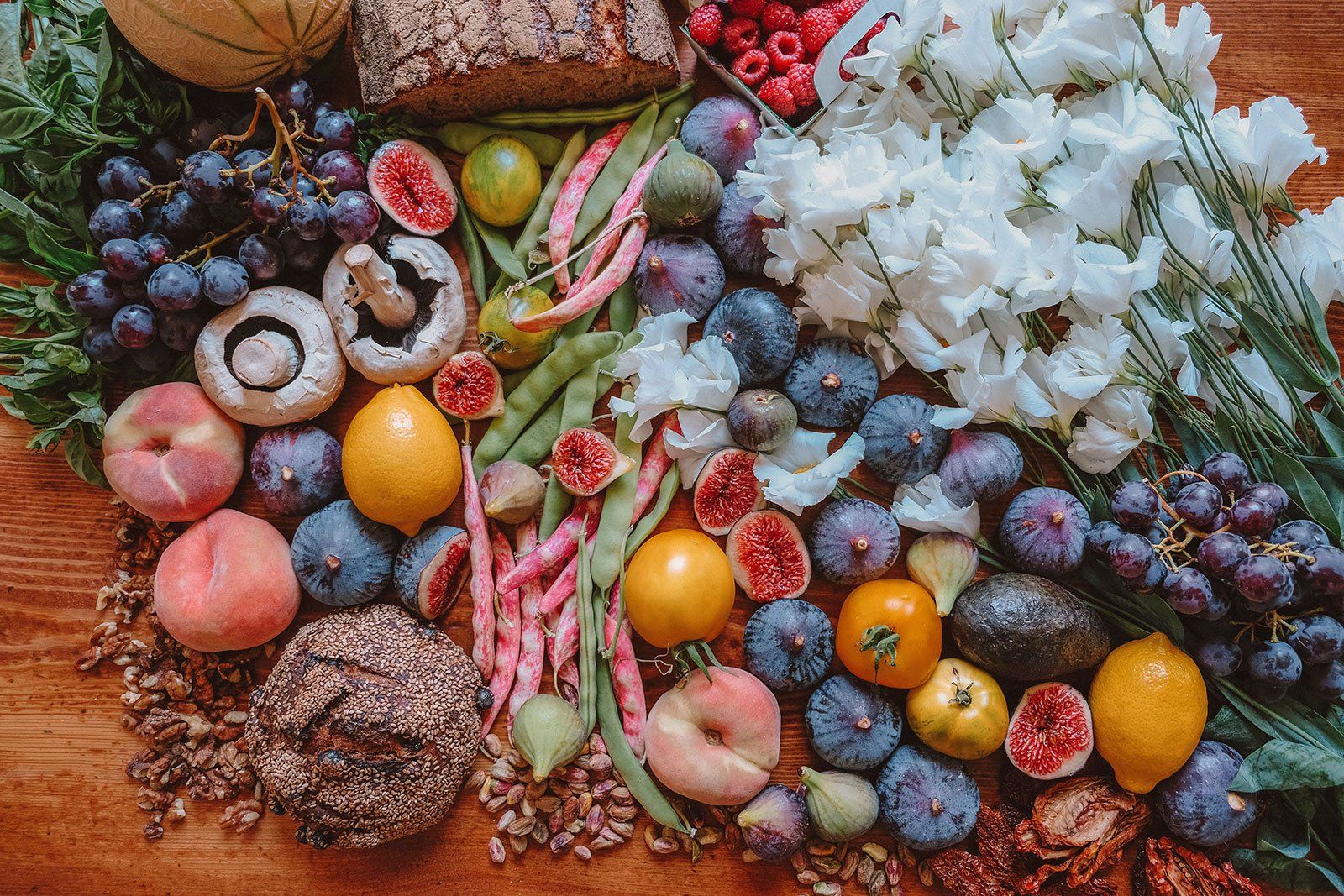1MG FlippingBooks
Strong growth for Australian organic produce both at home and overseas
The Australian Organic Market Report 2019, released today by Australian Organic , reveals that domestic sales of organic produce in 2018 increased by 15 per cent on 2017 levels, with growth of 13 per cent for organic export tonnage.
The report , compiled by market research company Mobium Group with industry insights from the University of New England, maps the development of the organic sector in Australia and provides valuable insight into the behaviour of Australian organic consumers.
With a total market value of $2.6 billion in 2018, the growth of the organic sector in Australia is showing no signs of slowing down. The domestic market alone generated $1.9 billion in sales, up $256 million on the previous year.
This was reflected by shopping patterns, with the report revealing that 65 per cent of Australian households purchased at least one organic product in 2018, up 5 per cent on 2017. An increased awareness regarding chemicals and the environment were identified as the major purchase drivers.
In addition, nearly half of current domestic organic consumers indicated they have increased the proportion of their household food spending on organics over the past year.
Organic vegetables remain by far the most popular organic commodity for Australian shoppers, representing an annual value of $804 million in sales. Non-alcoholic beverages came in second with $423 million, followed by beef and veal products at $196 million.
Australia also shipped over 30,000 tonnes of organic produce to 61 different countries in 2018, with the US (40 per cent) by far the largest overseas market for Australian organics, followed by China (11 per cent), New Zealand (8 per cent) and South Korea (8 per cent).
Australian organic beef and veal was the most exported organic product, representing $354 million in value and finding particular popularity in the US where the Australian reputation for high quality and supply chain transparency is prized. Other significant commodity exports were nuts ($71 million), fruit ($58 million) and vegetables ($41 million).
“Now a $2.6 billion-dollar industry, the Australian organic industry is reacting to significant international trends, as consumer demands for convenience-based products increase,” said Australian Organic general manager Niki Ford. “The growing interest in our products from other countries, is very encouraging given that these past twelve months have been particularly harsh on our agricultural industry.
“It’s a testament to our organic industry that we have demonstrated growth in some agricultural sectors regardless of the obstacles.”
You can find more information or read the full report by clicking here.

















